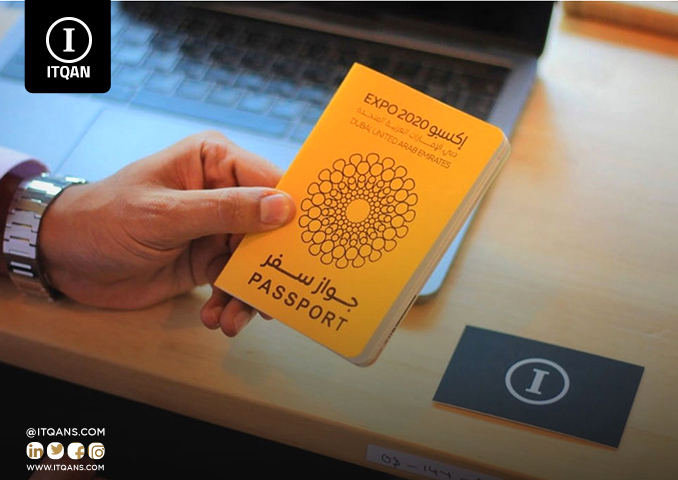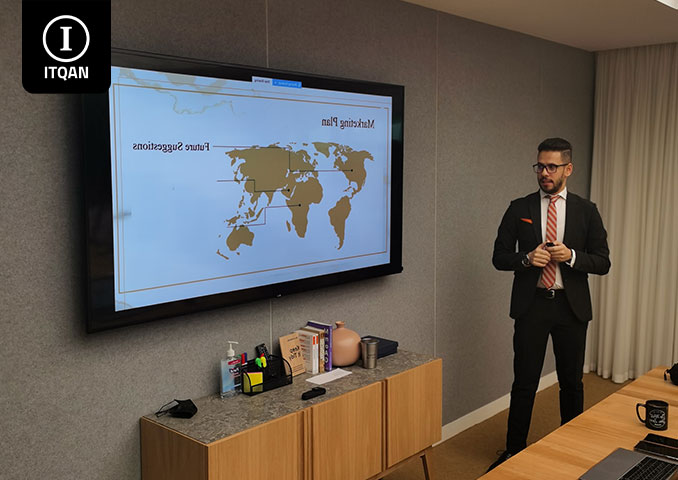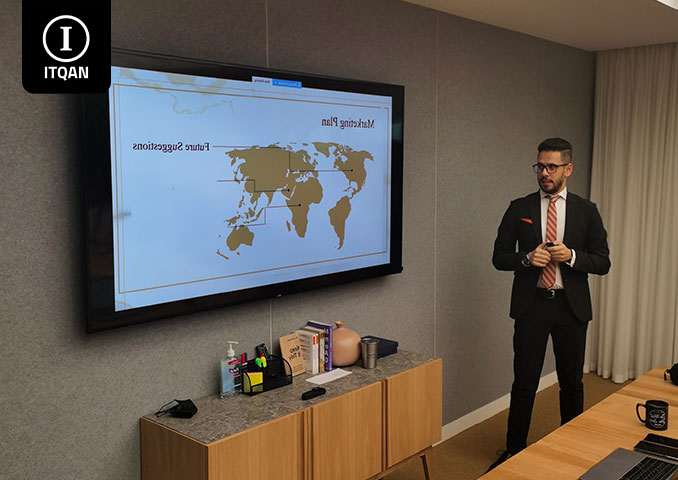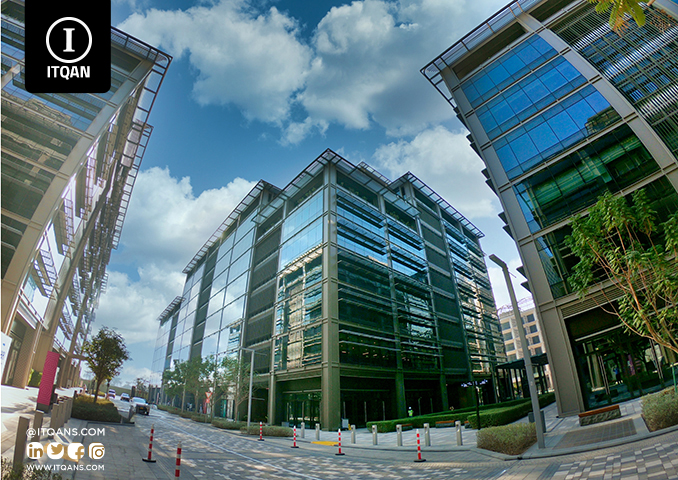Opening a commercial register in Dubai is an important step towards achieving success in the business world, given the emirate’s encouraging business environment and investment advantages. Dubai is one of the leading investment destinations in the region, thanks to its advanced infrastructure and easy tax system. The process of opening a commercial register in Dubai includes several main steps, starting with determining the type of business activity and registering the trade name, through obtaining the necessary approvals, and completing the legal and financial procedures. Understanding these steps and knowing the advantages that Dubai offers can greatly contribute to facilitating the establishment process and achieving the desired success. Through this article, we will learn about many details about opening a commercial register in Dubai in terms of advantages and steps.

Advantages of opening a commercial register in Dubai
Opening a commercial register to establish a company in Dubai offers many advantages that make it an attractive destination for investors and business owners. The most prominent of these advantages are:
- Favorable business environment: Dubai offers a vibrant and supportive business environment for investors, with advanced infrastructure and world-class services.
- Tax exemptions: Dubai offers attractive tax benefits, such as no corporate and individual taxes on most activities, which enhances its attractiveness as a business hub.
- Easy access to global markets: As a global business hub, Dubai offers easy access to international markets thanks to its strategic location on the global trade map.
- Multiple licensing options: Dubai offers a variety of business licensing options, whether in free zones or in major areas, allowing the license to be customized according to the nature of the business activity.
- Flexible regulatory systems: Dubai’s systems and laws are flexible, making it easy for companies to set up their businesses and follow legal procedures quickly and efficiently.
- Advanced government services: Dubai provides distinguished government services through electronic channels, making it easier for investors to complete the required transactions and procedures.
- Diverse investment opportunities: Dubai provides investment opportunities in various sectors such as trade, industry, technology, and hospitality, which enhances the chances of success of commercial projects.
- Political and security stability: Dubai enjoys a stable political and security environment, which enhances investment confidence and encourages businesses to expand and grow.
- Diverse job market: Dubai has a large and multinational job market, which provides companies with the opportunity to easily find the right talent.
These advantages make Dubai a preferred choice for investors and business owners seeking success and growth in a global business environment.
Steps to open a commercial register in Dubai
Opening a commercial register to establish companies in Dubai requires following specific steps to ensure compliance with local laws and achieve success in establishing the business. Here are the basic steps:
- Determine the type of business activity: Choose the type of business activity you wish to practice, as each type requires a specific registration based on its nature.
- Choosing a trade name: Choose a trade name that reflects your activity and complies with the terms and laws for company names in Dubai. Make sure that the name has not been used before and is in line with the standards of the Economic Department.
- Trade Name Registration: Submit an application to register the trade name through the Department of Economic Development (DED) or the responsible authority in the relevant free zone.
- Submit a license application: Submit an application for the appropriate business license, which may be a commercial, industrial, or professional license, depending on the type of activity.
- Preparing the local contract: In the case of companies that need a local partner, prepare and document the partnership contract with the local partner, in accordance with the legal requirements.
- Complete legal procedures: Obtain the necessary approvals from various government agencies, such as the Ministry of Human Resources, Dubai Municipality, and security authorities if necessary.
- Signing a lease contract: Sign a lease contract for the office or place where you will operate your business. The contract must be certified by the relevant authorities.
- Complete the documents: Gather all the required documents, such as passport, personal photo, and lease contract, and submit them to the Department of Economic Development.
- Receiving the commercial register: After completing all the steps and submitting the documents, you can receive the commercial register and start practicing your business legally. Following these steps carefully will ensure that you successfully establish a business in Dubai.
Factors in the cost of opening a commercial register in Dubai
The cost of opening a commercial register to establish a company in Dubai varies based on several basic factors, which include:
- Type of Business: The license price varies depending on the type of business (commercial, industrial, professional) and its scope. Different businesses may require different licenses with varying costs.
- License Type: The cost of the license varies according to its type, whether it is a general or private license, or a license within a free zone or a traditional commercial zone.
- Free Zone or Main Zone: Costs vary greatly if you choose to register your company in a free zone versus a main zone. Free zones usually offer special incentives and facilities, but can be more expensive in some cases.
- Office Rent: The cost of renting an office or commercial space greatly affects the total cost of opening a business. Rent varies based on location and size of space.
- Government Fees: Government fees include trade name registration, licensing, and license renewal fees. These fees vary depending on the type of activity and location.
- Additional Licenses: In some cases, you may need additional licenses or permits such as work permits or safety permits, which increases the overall cost.
- Legal and advisory services: If you are using legal advisors or advisory services to assist you with the incorporation procedures, these services will add to the cost.
- Insurance: You may need insurance for your business or employees, and this adds to the cost of starting a business.
- Bank Fees: Opening a business bank account may require payment of account opening and account maintenance fees.
Understanding and considering these factors can help you accurately estimate costs and plan your budget appropriately when opening a business in Dubai.

Documents required to open a commercial register in Dubai
To open a commercial register in Dubai, you will need to submit a set of basic documents. The requirements vary slightly depending on the type of business and its location, but in general, the documents include the following:
- Business Registration Application: The registration application form can be obtained from the Department of Economic Development (DED) or the responsible authority in the free zone.
- Copies of Passports: Copies of passports of investors and founding partners. Residence visas may also be required if they are UAE residents.
- Headshots: A number of headshots of investors or executives.
- Company Articles of Association: The company’s articles of association document, which details the partners and business activity, and may require notarization.
- Lease Contract: A lease contract for the office or commercial space from which you will operate your business, and it must be certified by the relevant authorities.
- Trade name: Choose the trade name and submit an application to register it, confirming that it complies with the standards of the Department of Economic Development.
- Security Approval: In some cases, you may need to obtain special security approval if the business requires it.
- Business Activity Report: A report that describes the business activity you will be conducting, which is required to determine the appropriate type of license.
- Professional Certifications: If your business requires special skills or qualifications, you may need to provide professional or educational certifications.
- Insurance: In some cases, you may be required to provide proof of insurance covering the business.
- Copy of Emirates ID: For investors and shareholders residing in the UAE.
Make sure to check the specific requirements based on your business type and the location you choose to avoid any delays in the registration process.
In conclusion, opening a commercial register in Dubai is an important strategic step towards success in the business world. With its favorable business environment, tax exemptions, and flexible regulations, Dubai offers tremendous opportunities for investors and business owners. By following the precise steps and submitting the required documents, investors can easily establish their business and enjoy the benefits of the UAE market. Dubai is an ideal destination for entrepreneurs due to its strategic location, advanced infrastructure, and political stability. So, if you are thinking of starting your own business, Dubai offers you the opportunity to realize your ambitions and expand your business in a global and advanced business environment.
Frequently asked questions about opening a commercial register in Dubai
What is a commercial register?
A commercial register is a legal document that records a business activity and proves that the company is registered with the Department of Economic Development or the relevant authority in the free zone.
What documents are required to open a commercial register in Dubai?
Documents include passports, passport photos, company articles of association, lease agreement, trade name, business activity report, and security clearance if required.
What are the basic steps to open a commercial register in Dubai?
The steps include determining the type of activity, choosing a trade name, registering the trade name, submitting a license application, preparing a lease contract, and completing legal procedures.
















